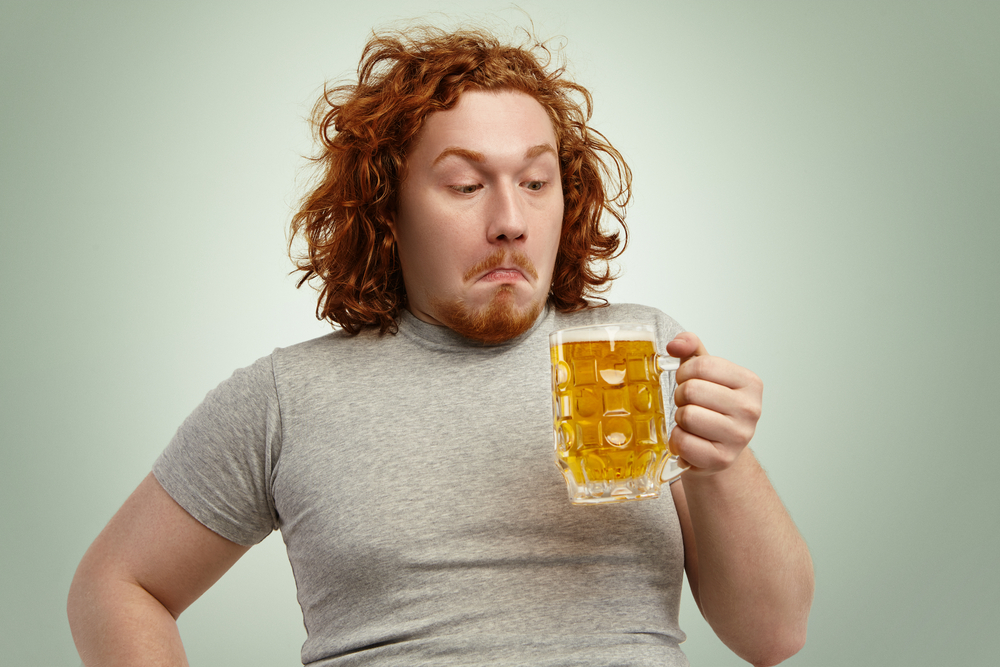While you don’t necessarily need to quit altogether, these are the reasons why diabetics and alcohol may not be a perfect match all the time.
When you have been diagnosed with diabetes, you immediately become aware of all the changes that need to happen in your life in order to stay healthy. Diabetics and alcohol is a whole new adjustment that needs to happen, just like it does with your food intake, your activity levels, etc.
Alcohol’s effects on the body are very well known. The changes in sugar levels, how our bodies metabolize the drink, how our brains react to it… The effects of alcohol on diabetics though, can be extra tricky.
Because alcohol can cause your sugar levels to either rise or drop quickly, it is particularly important to learn how and when to include an alcohol drink in your new routine. Suffering from diabetes does not mean that you have to quit all alcoholic beverages forever, it does mean – however – that you will have to be extra careful about consuming it.
People often worry about the effects of alcohol on diabetes. There are, indeed, real factors behind this: the way the alcohol impacts the liver – thus, impacting the way it regulates blood sugar -, the way it can interact with your medications, how it can cause hypoglycemia, etc.
With all this information, diabetics and alcohol may seem like something to avoid altogether. But, while it is important to know and understand the effects of alcohol on diabetics, it is also key to realize that there are many ways through which you can still enjoy one drink every now and then.
If you suffer from diabetes, the first think you need to do is discuss with your Doctor if and how you can take alcoholic beverages. He or she may even recommend the best alcohol for diabetics available, one that will keep your sugar level steady without too many complications.
Once you have discussed the issue with your physician, there are things you can do to keep track of your glucose levels and ensure that you can enjoy with moderation:
Do not skip your meal:
Never have a drink on an empty stomach, as food slows down the rate at which alcohol is absorbed by your body and into your bloodstream. Preferably, have a meal or snack that contains healthy carbs before your drink.
Avoid craft beers and mix drinkers:
As these are heavier on the sugar levels, carbs and calories. And although they may be flavorful and all the hype, they can change your blood sugar levels in a matter of minutes.
Drink slowly:
Doing this you not only consume less alcoholic beverages in a larger window of time, but it also allows your body to properly metabolize the drink, without putting too much stress on your system.
Stay hydrated:
Make sure that you drink plenty of clean, pure, fresh water – zero calories! – to help your body maintain proper levels of hydration and asset in the process of metabolizing the alcohol.
Don’t drink alone:
Unless you have amazing self control, or you know for a fact what the amount of alcohol you can take, always rely on the company of friends and family that know when and if you may be hypoglycemic after a drink. Wear a diabetes bracelet or identification if you go out so people know when to help you if the case calls for it.
Pay attention to serving:
As a rule of thumb, one serving is more than enough for a diabetic – 12 ounces of light beer, 5 ounces of wine and 1.5 ounce of distilled spirits – limiting one serving per day for women and up to 2 servings per day for men.
The best alcohol for diabetics would be, plain and simple, distilled spirits (gin, vodka, whiskey, etc.) under the 1.5 ounce serving. These work best because they contain fewer calories, less sugar and carbs than wine and other drinks.
In addition, these can be mixed with fresh water or a sugar-free, calorie-free sparkling water for better taste and dissolution, making the diabetics and alcohol situation much less stressful.
Sources:
https://www.webmd.com/diabetes/guide/drinking-alcohol
https://www.healthline.com/health/type-2-diabetes/facts-diabetes-alcohol
https://www.diabetesdaily.com/blog/diabetes-alcohol-what-you-need-to-know-478055/

